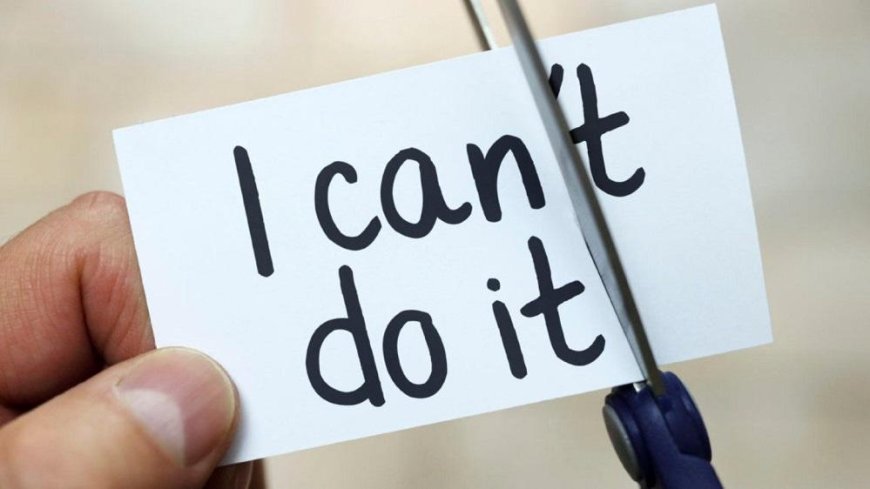How to kill motivation?
these murderous words with the keyword - choice. With each of them, How will consider how to deal with our students so as not to kill their

What words can kill our own motivation, but also the motivation of our students? In this article, we will challenge these murderous words with the keyword - choice. With each of them, How will consider how to deal with our students so as not to kill their motivation to learn.
"I have to¦"
All in all, we don't have to, we just want to. But to want to do something, it has to be within reach.
"Must" means that it is mandatory. How can we want to do something when we absolutely must do it? "I have to" kills motivation.
Every time we say "I have to ... it's worth pausing and asking yourself: Are you sure I want to commit to doing this? If not, give up, and if so, replace it with - "I'll do it because I want to".
Each time we want to say to our students - "you have to", let's consider how to turn it into - "you want". It may be crucial for students to understand why they are to do so. If they have to do it because the teacher wants it, it won't turn into a "want".
That is, explaining to students what is the goal and convincing students that it is within their capabilities and that they can count on the help of the teacher.
Must Read: HawkEye 360 Announces Successful Deployment of Next-Generation Radio Frequency Sensing Satellites
"Must" quickly changes to "I want" when the task is interesting for the students. If the student is interested, he is automatically motivated.
"I should ..."
What's behind this - should I? Who requires it from me? It's a trap. It's worth considering - what if I don't? Who will lose out on this? If you don't really want to do it, then you are punished. If you do anyway, you will betray yourself, and if you don't, then you will not be fair to the world.
It's worth replacing "should" with - "I'm going to make a choice." If I am making a choice, it is a choice, not a duty.
Young people do not understand the word "you should". They need to know the circumstances and the consequences of not doing it, and the gains when they do.
They have to decide for themselves what is profitable for them. One way out is to give a choice - you can do this or that, choose yourself.
"I have no time¦"
There are 24 hours for everyone. By doing something or giving up, we make a choice. The question is what will I lose and what will I gain from doing this. What will I have to give up? Is it worth it?
Choose what is most important and give up the rest without pain. It is important to distinguish between what is urgent and what is important.
The sentence - "I don't have time" can be replaced - "it is not the most important thing for me today". I decide to spend my time on something else.
Sometimes it all seems most important. This is a signal to rethink your priorities. Let us for go excellence in favor of a choice that is compatible with ourselves.
It is very difficult for young people to know what is important. The world is full of temptation and interesting things. Talk to your students about why they go to school, why they learn, what they want to achieve, and help them choose their priorities. Their priorities, not the ones we have.
Time management is just as difficult for students. "I don't have time" may mean to them, "I can't do it anyway." It is invaluable to spend time with students on time planning for their classes.
"I'm afraid to make a mistake"
Better not to take the challenge because you can make a mistake. If I don't, then I won't risk making a mistake. And if I do something wrong, I can be misjudged. Risk.
Error is a sign of learning and development is impossible without it. If I know that, I'm not afraid to make a mistake myself. You can learn a lot from a mistake, so it is worth taking the risk. Making mistakes is not reprehensible and does not mean that a person is of little value. It is important that I have the courage to try.
The fear of error and bad evaluation is the basic demotivator for the student. If we want our students to face up to the challenges, then we should move away from criticism and limit evaluation. The teacher's attitude to mistakes is very important. If he sees a mistake as a useful trial, the students are not afraid to make it. It is important for students to see their teachers as trying, not knowing everything, and being able to admit their mistakes.
In order not to kill the motivation, let's replace:
I have to - I want
I should - I make a choice
I don't have time - I know what is important
Error - useful attempt
